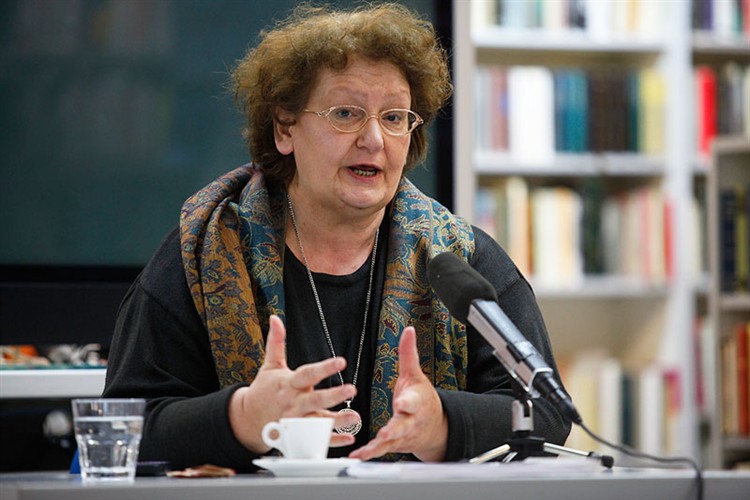
30.05.2014.
On the edge of memory
Vucic’s electoral success and Nikolic’s position of power in Serbia can be understood only if one assumes that the citizens of Serbia are collectively suffering from an epidemic of amnesia; the same goes for the survival of the HDZ following the sentencing of Sanader as regards the citizens of Croatia – the same kind of popular contagious disease.
And finally, a third instance of this popular infection – the cry and howl after yesterday’s legally binding verdict against Jansa, in Slovenia.
The facts remain, however, of final judgments in the last two examples, and in at least one of those cases, imprisonment; while the first example, concerning Serbia, virtually ends in a fairy tale happy ending.
How are we to understand and, in particular, how treat this disease? Is it incurable? Let’s look at some basic symptoms.
That these are peoples susceptible to oblivion, which is to say, to conformity and fear, is nothing new. It explains the persistence and significance of the “mirror-symptoms” which are manifested by those whose past should drive away any minimally rational person.
These essentially defensive symptoms, which are often hidden behind the basic apparatus of power and which use violence and intimidation, were in Sanader’s case limited to his permanent, insolent lying in court. And to the extent that there was in place a state judicial apparatus trained to – if it dared – respond to brazen lies, those lies were refuted one by one, without much passion, quite clinically, in the court proceedings.
In Jansa’s case, a whole set of lies, sinking even lower than in the case of Sanader (who routinely challenged the judicial apparatus), was as a symptom transferred onto the public, via Jansa’s unbearably vicious and insulting tweets, combined with the manic apotheosis of the leader, as executed by a small group of particularly faithful grannies, skinheads and failed spies.
Unlike Sanader, Jansa has repeatedly demonstrated that he was lying even outside the court-room. The political goal of this proceeding was to create a group of people who would declare truthful everything and anything that the leader said, while everything else was to be deemed communist conspiracy.
This is boring indeed, but its incredible blindness completely covers the facts that Jansa himself was a young, stern young ‘commie’ when only a few from his generation dared to be, that he is one of the key persons responsible for the “Erased” in Slovenia (more than 26,000 persons), and that there is virtually no public figure he has not spat on.
The range is therefore much wider than in Sanader’s case. Yet, leaving aside the question of its endurance, this procedure involves a fight against memory, in which memory is recognized as an opponent.
In the case of Vucic (along with Nikolic and Dacic, and a somewhat wider group), at stake is a completely different mirror-symptom.
Since there is nowhere in sight even a hint of a legal process that would be based on the memories of what they once did (a case concerning Nikolic ended in his favour and against the party invoking such a memory), they do not manifest any specific verbal symptoms. Except for one symptom, and that is the perfect absurdity of what they say, especially Vucic.
His style involves a strong emotional charge and profound meanings that have nothing to do with the topic at hand. A highly personal tone, constant prophecies and self-pity, constant talk and expressions of his mental state – as if anyone has asked him, and no one really has.
This “emptiness” of his speech is where memory is hidden. In the absence of the collective, civic memory, Vucic must make his emptiness say something about what he did during the war and after it. He is an elder, a shepherd – foolish…
In truth, though, Sanader and Jansa were stranded in a completely different area – that of corruption. Nothing, therefore, reduces the responsibility of the citizens of Serbia concerning their own memory.
Svetlana Slapšak














